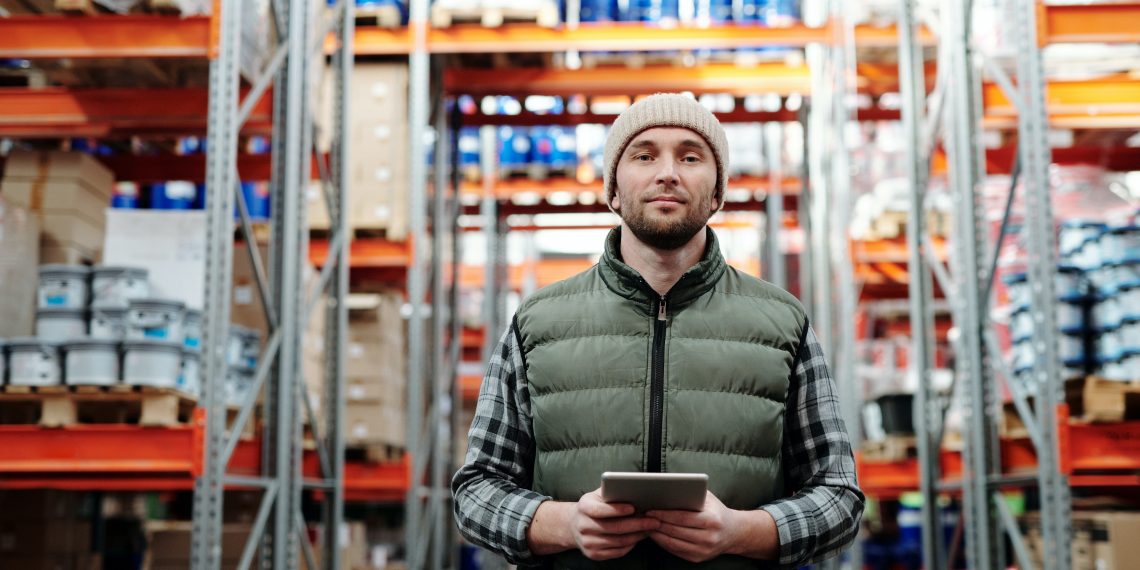Storing electronics and appliances in a storage unit can be an effective way to keep your home or office clutter-free, especially when you’re downsizing or moving. However, these items are sensitive and need special care to ensure they remain in good condition. In this article, we’ll provide helpful tips on how to safely store electronics and appliances to avoid damage and ensure they stay functional for future use.
1. Clean and Prepare Your Electronics and Appliances
Before placing any electronics or appliances into a storage unit, it’s essential to clean them properly. Dust, dirt, and grease can accumulate over time, and when stored in a closed space, they can cause corrosion or attract pests.
- Unplug and disconnect: Ensure that all appliances and electronics are unplugged and that cables are disconnected. This prevents the risk of electrical damage and makes the items easier to store.
- Clean all surfaces: Wipe down surfaces with a microfiber cloth to remove dust and debris. For appliances like refrigerators, dishwashers, or washing machines, use a damp cloth to clean the interior.
- Dry thoroughly: For any appliance that holds water, such as a washing machine or refrigerator, make sure it’s thoroughly dried before storage. Leaving moisture inside could lead to mold or rust.
2. Use Original Packaging or Proper Boxes
One of the best ways to ensure that electronics and appliances are stored safely is to use the original packaging. Manufacturers design the packaging to protect the item from impact, moisture, and dust. If you no longer have the original packaging, you’ll need to find sturdy boxes and packaging materials.
- Use anti-static bags for electronics: Items like computers, televisions, and cameras can be sensitive to static electricity, which can damage their components. Be sure to store them in anti-static bags before boxing them up.
- Wrap appliances in bubble wrap: For larger appliances, bubble wrap can provide cushioning. Wrap the item securely, focusing on fragile areas like glass doors or screens.
- Use sturdy boxes: Select boxes that are the right size for the appliance or electronic item. A box that’s too large could lead to movement, increasing the risk of damage. Reinforce boxes with packing tape to ensure they are secure.
3. Protect the Cables and Accessories
Cables, remotes, and other accessories are often essential for the use of electronics and appliances. They can be easily misplaced or damaged if not stored properly.
- Bundle cables together: Use twist ties or cable organizers to bundle cables neatly. This prevents tangling and keeps them in one place.
- Label accessories: If you have several items in storage, consider labeling bags or boxes containing cables and accessories. This will save you time when retrieving the item in the future.
4. Choose the Right Storage Environment
The environment where you store your electronics and appliances plays a crucial role in ensuring their safety.
- Control temperature and humidity: Electronics and appliances should not be stored in areas with extreme temperatures or high humidity. Excessive heat can damage components, while high humidity can lead to rust and mold. Opt for a climate-controlled unit if possible, as this will maintain a stable environment and protect your items from the elements.
- Store off the ground: If possible, place your electronics and appliances on pallets or shelving units rather than directly on the floor. This helps to avoid water damage if the floor gets wet.
- Avoid stacking heavy items on top: Never place heavy objects on top of electronics or appliances, as the weight could cause damage. Instead, store them in a way that prevents pressure or weight from being applied to delicate parts.
5. Store Appliances in Their Upright Position
For large appliances like refrigerators, washing machines, or dishwashers, it’s essential to store them in their correct position. Always store appliances in the upright position to avoid damage to internal components, particularly the compressor.
- Secure doors and lids: For appliances with doors, like refrigerators or ovens, make sure the doors are taped shut or secured to prevent them from opening and causing damage during transport or while in storage.
- Remove water from refrigerators: Before storing a refrigerator, ensure that all water is drained from the drip tray, and the appliance is thoroughly dried. This prevents standing water from freezing and damaging the components.
6. Consider Insurance for Extra Protection
While you can take many precautions to safely store your electronics and appliances, accidents can still happen. If you’re storing high-value items, it’s a good idea to look into insurance options to protect your belongings.
- Check with the storage facility: Some storage units offer insurance as part of their service. Make sure to inquire about coverage options before placing your items in storage.
- Use a separate insurance policy: If your storage facility does not offer insurance, consider adding coverage to your home or renters’ insurance policy for peace of mind.
7. Use Self Storage Munich for Added Convenience
If you’re located in Munich or the surrounding areas, using a reliable storage unit like Self Storage Munich can provide the perfect solution for safely storing your electronics and appliances. With secure, climate-controlled units, your items will be protected from extreme conditions, and you’ll have easy access whenever you need them.
Conclusion
Storing electronics and appliances properly requires careful planning and attention to detail. By cleaning and preparing your items, using proper packaging, choosing the right storage environment, and protecting cables and accessories, you can ensure that your electronics and appliances remain in good working condition. For added convenience and protection, look into options like climate-controlled units, and consider adding insurance for peace of mind. By following these tips, you can store your valuable items safely and retrieve them when needed, without any hassle.







